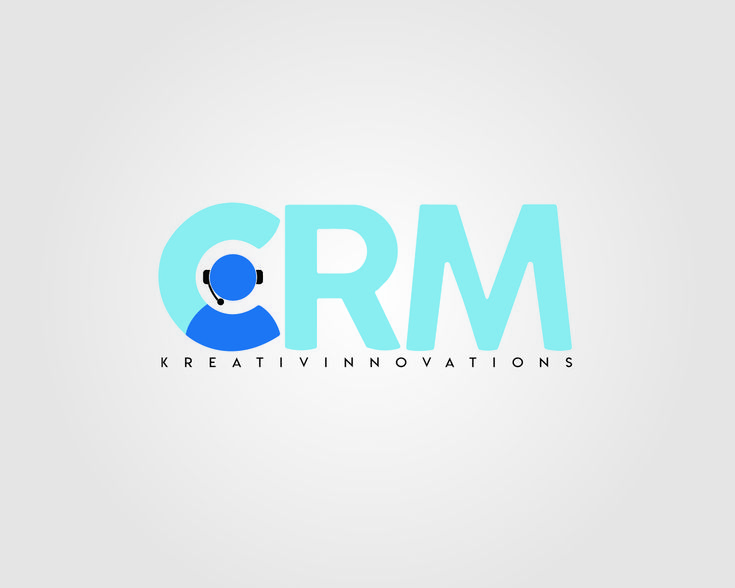
The Ultimate Guide to Choosing the Right CRM System for Your Business
Selecting the right Customer Relationship Management (CRM) system is a crucial decision for any business aiming to improve customer interactions, streamline processes, and drive growth. With numerous options available, making the right choice can be daunting. This ultimate guide will help you navigate the process of choosing the perfect CRM system for your business needs.
1. Identify Your Business Needs
Before diving into CRM options, clearly define what your business needs from a CRM system. Consider the following questions:
- What specific problems are you trying to solve with a CRM?
- What are your goals for customer relationship management?
- Which departments will use the CRM (sales, marketing, customer service)?
- What is your budget?
Understanding your requirements will help narrow down the choices and focus on systems that meet your specific needs.
2. Evaluate Key Features
CRMs come with a variety of features, but not all may be relevant to your business. Key features to consider include:
- Contact Management: Ability to store and manage customer information.
- Sales Management: Tools to track leads, opportunities, and sales pipelines.
- Marketing Automation: Features for email campaigns, social media integration, and lead nurturing.
- Customer Service: Tools for managing customer support tickets, live chat, and knowledge bases.
- Reporting and Analytics: Dashboards and reports to track performance metrics.
- Customization: Ability to tailor the CRM to your business processes.
Prioritize the features that align with your business objectives.
3. Consider User Experience
A CRM system should be user-friendly to ensure high adoption rates among your team. Consider the following aspects:
- Ease of Use: Is the interface intuitive and easy to navigate?
- Training and Support: Does the vendor offer comprehensive training and support?
- Mobile Accessibility: Can the CRM be accessed on mobile devices for on-the-go usage?
A system that is difficult to use will likely be underutilized, undermining its potential benefits.
4. Integration Capabilities
Your CRM should seamlessly integrate with other tools and systems you already use, such as email platforms, marketing automation tools, e-commerce platforms, and accounting software. Ensure the CRM offers robust integration capabilities to streamline your workflows and data management.
5. Scalability
Choose a CRM that can grow with your business. Consider:
- Scalability: Can the CRM handle an increasing volume of data and users?
- Flexibility: Can it be easily customized or expanded with additional features and modules?
A scalable CRM ensures that you won’t outgrow the system as your business expands.
6. Cost and ROI
CRMs come in various pricing models, including subscription-based, pay-per-user, and tiered pricing. Consider your budget and evaluate:
- Total Cost of Ownership: Include licensing fees, implementation costs, training, and any additional expenses.
- Return on Investment (ROI): How will the CRM improve efficiency, sales, and customer satisfaction?
Ensure the CRM provides value for money and delivers a positive ROI.
7. Vendor Reputation and Support
Research the reputation of CRM vendors by reading reviews and testimonials. Consider:
- Vendor Experience: How long has the vendor been in the market?
- Customer Support: What support options are available (e.g., 24/7 support, dedicated account manager)?
- User Reviews: What are other customers saying about their experience?
A reputable vendor with excellent support can make a significant difference in your CRM experience.
8. Test with a Free Trial or Demo
Most CRM vendors offer free trials or demos. Take advantage of these to:
- Test Functionality: Ensure the CRM meets your needs and integrates with your systems.
- Evaluate User Experience: Get feedback from team members who will use the CRM.
- Assess Performance: Check the CRM’s speed, reliability, and usability.
Testing the CRM in a real-world scenario can provide valuable insights before making a commitment.
9. Implementation and Training
A successful CRM implementation requires careful planning and execution. Consider:
- Implementation Process: Does the vendor provide implementation support or consulting services?
- Training Programs: Are there training materials or sessions to help your team get up to speed?
- Data Migration: How easy is it to transfer existing data into the new CRM?
Proper implementation and training ensure a smooth transition and effective use of the CRM.
10. Measure and Adjust
After selecting and implementing your CRM, continuously monitor its performance and impact on your business. Use the CRM’s reporting tools to track key metrics and gather feedback from users. Be prepared to make adjustments and optimizations to maximize the CRM’s benefits.
Conclusion
Choosing the right CRM system is a critical decision that can significantly impact your business’s efficiency and customer relationships. By carefully considering your needs, evaluating key features, testing options, and planning for implementation, you can select a CRM that will support your business goals and drive long-term success. With the right CRM in place, you’ll be well-equipped to enhance customer satisfaction, streamline operations, and boost growth.

